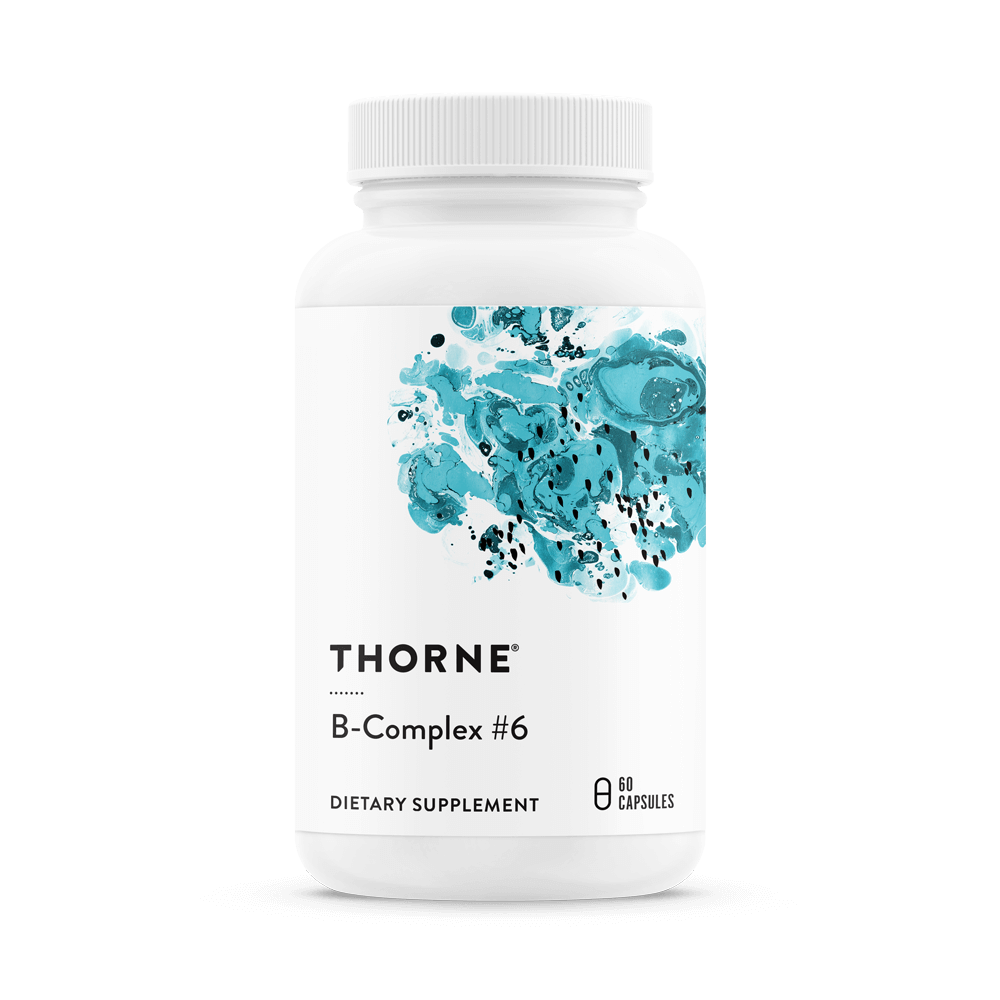
07 Sep IBS & IBD : What’s the Difference?
Welcome to Healthy Housecalls with Angel, a weekly round-up of tips, tools, and strategies to help you live longer and live better with lifestyle medicine. Like it? Forward to a friend, who can subscribe here.
These days I’ve had a lot of patients in my practice reporting digestive issues. The stress of modern living is real and the place it often shows up is in our gut. While it may seem easy to refer to Dr. Google for answers, I want to be sure you have reliable science in your toolkit about two important digestive issues.
Irritable bowel syndrome (IBS) and inflammatory bowel disease (IBD) are very different gastrointestinal (GI) conditions that sound similar and have many overlapping symptoms. However, the two conditions are diagnosed and treated very differently. If you’ve struggled with abdominal pain or digestive issues, it’s important to determine if you have IBS, IBD, or another GI condition.
IBS
IBS is characterized by abdominal pain, bloating, gas, and altered bowel habits such as recurrent diarrhea, constipation, or both. The word ‘irritable’ is used because the nerve endings in the lining of the bowel are unusually sensitive. IBS is chronic and requires long-term management, and while the causes are not well understood, some factors play a role, including:
- Irregular contractions in the intestine, often being stronger or longer than normal
- Nervous symptom abnormalities causing the person to experience more discomfort when the abdomen stretches from gas or a stool
- A post-infection state, developing after a bout of diarrhea caused by bacteria or a virus, or by a surplus of bacteria in the intestines
- Stress, especially early-life stress in early childhood
- Changes in gut microbes, particularly ones that differ from healthy people
Common triggers of IBS include certain foods such as wheat, dairy products, citrus, fruits, beans, and some sugars, and stress. The diagnosis of IBS is completed by a health care professional and will often include the collection of blood and stool samples. In my practice, I also include food allergy and food sensitivity testing to identify potential culprits that my patients may be unaware of. Treatment primarily focuses on relieving specific symptoms and improving quality of life.
IBD
IBD is the chronic inflammation of the GI tract and can damage the GI tract and increase the risk of other health conditions, including colon cancer. There are two types of IBD:
- Crohn’s disease: Inflammation of any part of the GI tract, leading to abdominal pain, severe diarrhea, fatigue, weight loss, and malnutrition
- Ulcerative colitis: Inflammation and ulcers (sores) in the colon affecting the innermost lining of the colon and rectum. May occur in people with Crohn’s disease and usually includes bloody, loose stools, urgency to use the bathroom, increased number of bowel movements, and abdominal pain
The cause of IBD is unknown but does involve an interaction between the immune system and genes. People with family members with IBD are more prone to developing IBD. Diagnosis is made by a gastroenterologist and can involve several tests such as blood and stool samples, CT scans, and endoscopic procedures. Treatment goals are to reduce inflammation that triggers signs and symptoms. Some people even experience long-term remission.
If you are experiencing any abdominal pain or chronic digestive symptoms, you should consult with your health care practitioner. A thorough exam, family history and review of your symptoms can help determine your diagnosis which can help you start to learn how to manage your symptoms and begin treatment that may improve your quality of life.
But support shouldn’t end with your your healthcare practitioner.
The Fit & Functional for Life community is a group of supportive women who come from all walks of life. There is zero judgment and only support from likeminded women who may be experiencing some of the same day-to-day health or personal struggles you do — including making nutrition and lifestyle changes!
You can join today for FREE and discover new ways to redefine what a path to health and wellbeing can look like for you.
Click the link below to learn more and get started!

Nutritional Spotlight

Wellness Made Simple
B-Complex #6 includes essential B vitamins. Its extra B6 is important for neurotransmitter synthesis, which is essential for stress and mood support. It can also help modulate fluid retention. Most B vitamins, with the exception of vitamin B12, are not stored in the body; consequently, they must be acquired daily from the diet in order to maintain optimal health.
Supplementing with active B vitamins is important for everyone, and especially for individuals whose livers may not be able to convert the non-active B vitamin forms to their active forms because of compromised liver function, poorly functioning enzymes, digestive disturbances, or age.
Struggling to find a path to wellness that fits you?
Want more tips, tools and strategies to help you live longer and live better with lifestyle medicine? Join our mailing list today!


No Comments